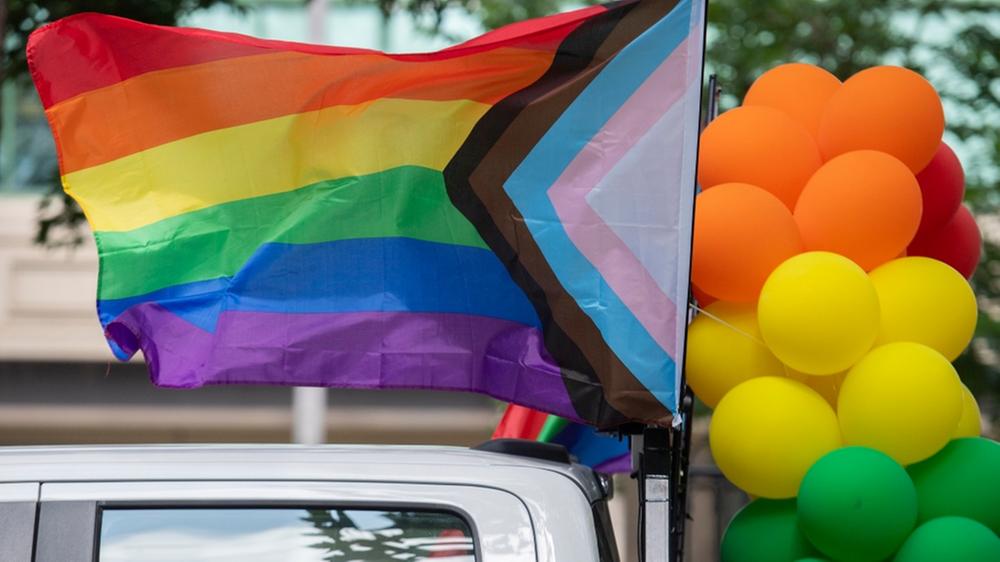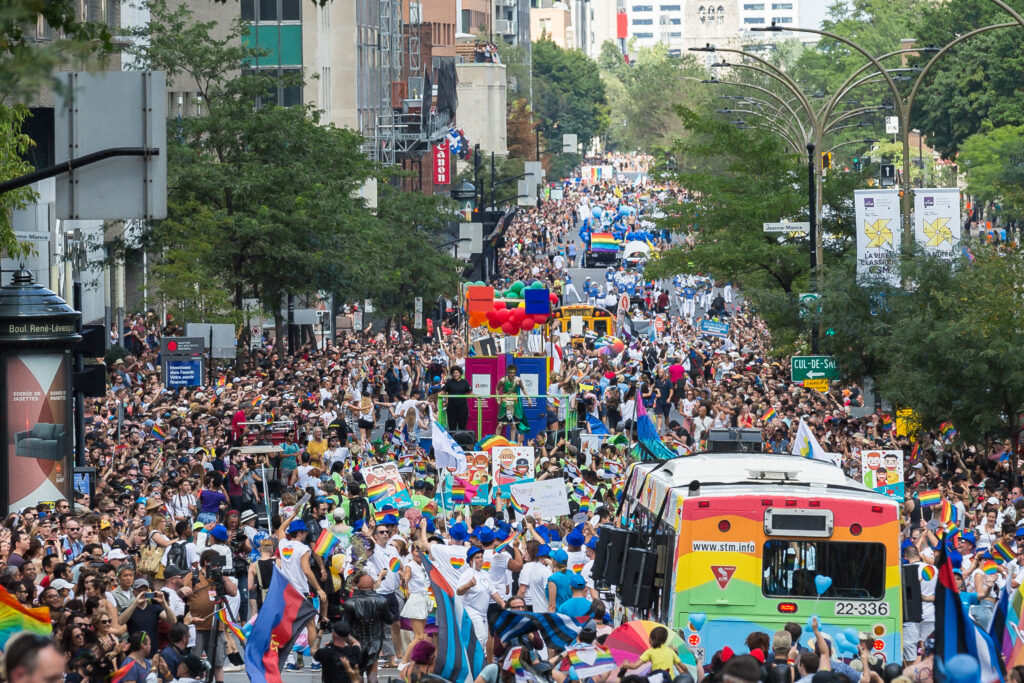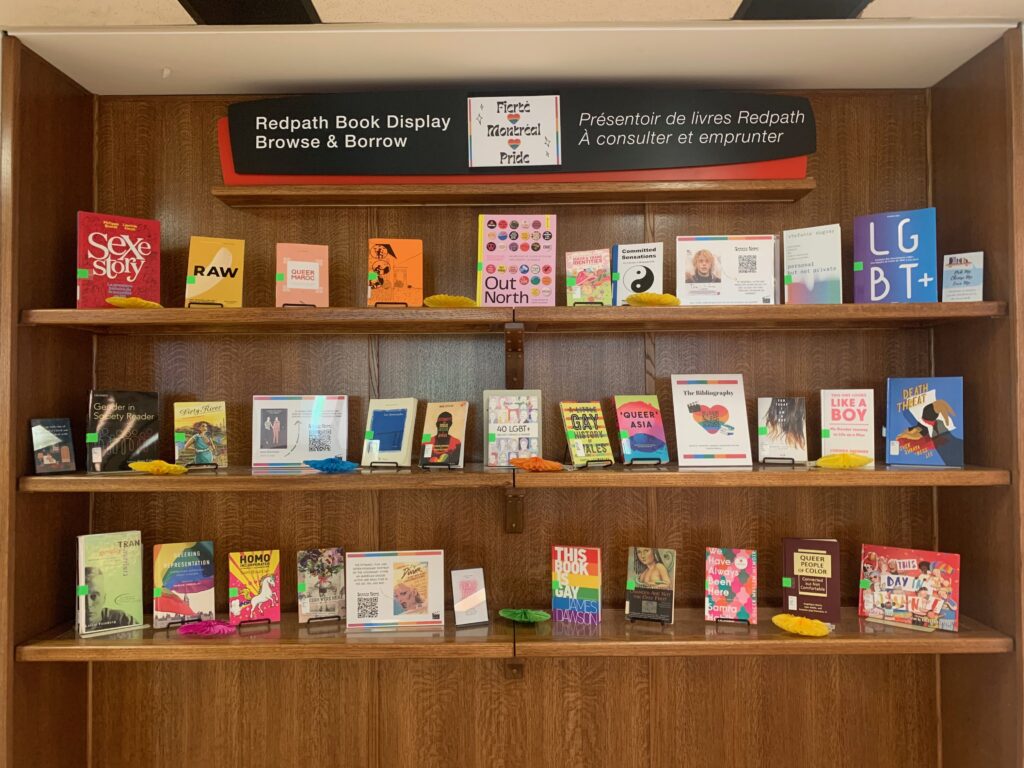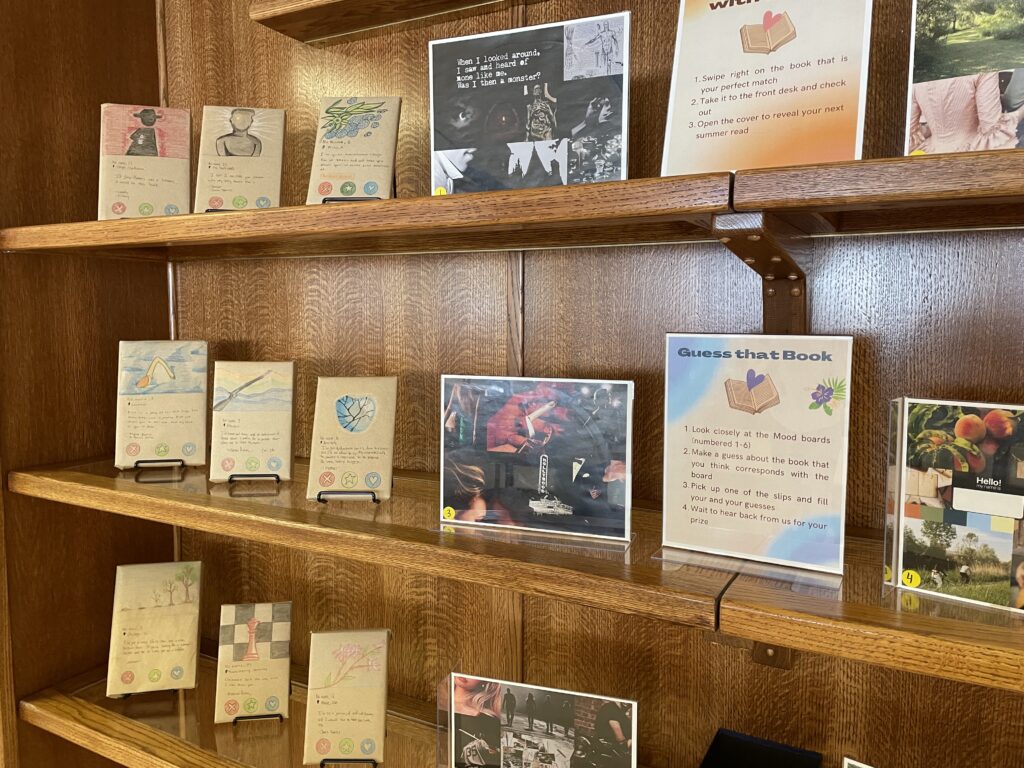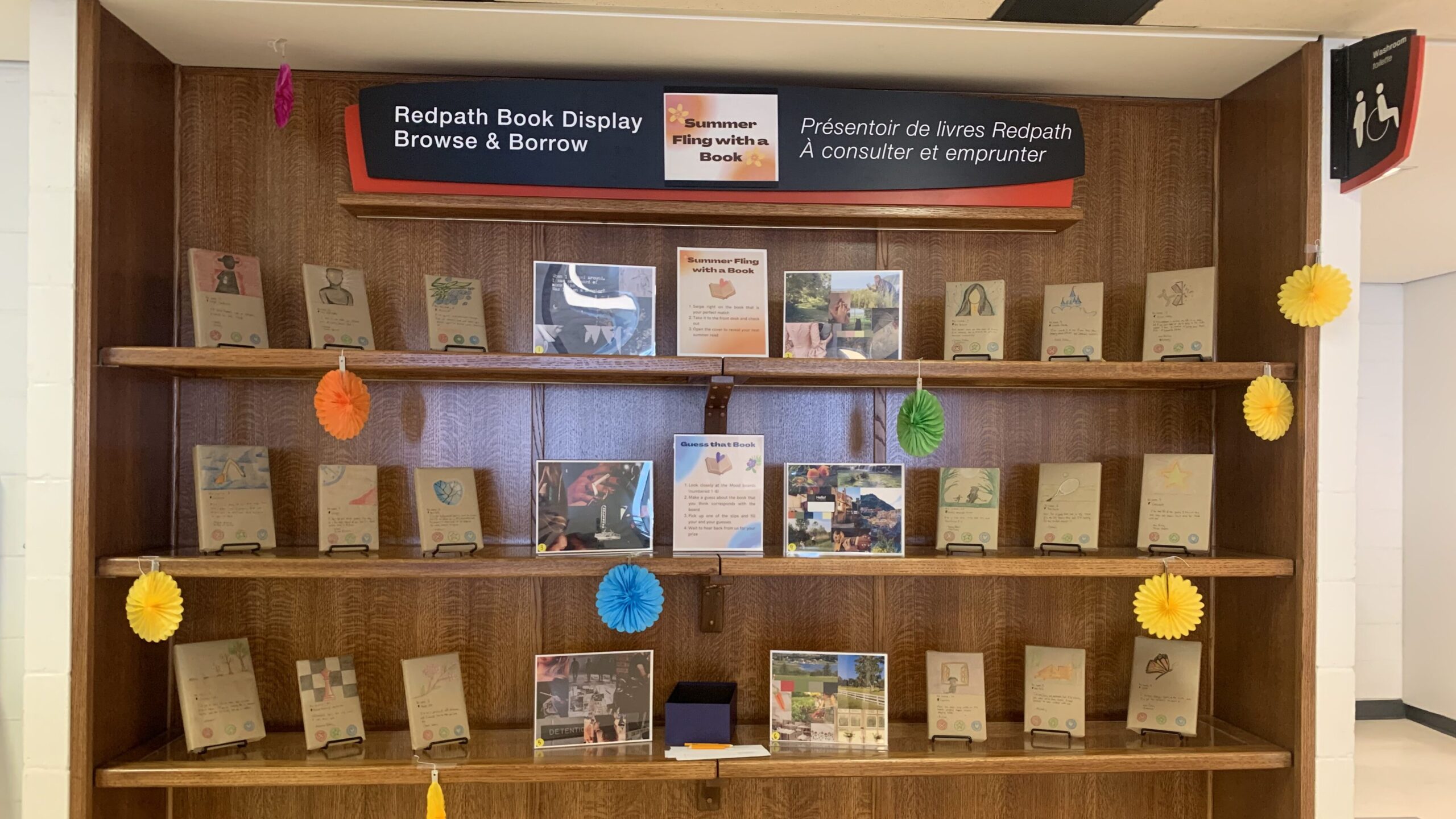By Kimberly White and Ana Rogers
Climate change does not affect everyone equally. The term “climate justice” was coined to acknowledge that the effects of climate change “will not be borne equally or fairly, between rich and poor, women and men, and older and younger generations” (UN, 2019). Access to information is a key part of connecting communities across disciplines and understanding the vast and imminent impacts of climate change. Sharing information openly and freely provides an opportunity to address the inequitable impacts of climate change and shape the global response.
This year’s International Open Access Week (October 24-30, 2022) will focus on Climate Justice to raise awareness around how Open Access can support climate justice. “Open Access” refers to the “free, immediate, online access to the results of scholarly research, and the right to use and re-use those results as you need” (Open Access Week, 2022).
In conjunction with International Open Access Week, McGill Library has curated a physical and virtual display at the Redpath Complex for the entire month of October, featuring books, films, and music that grapple with the inequities surrounding the climate crisis.
In the spirit of Open Access, our virtual collection includes only Openly accessible materials and links to books which are held in print and can be accessed onsite by users outside the McGill community. Here are some of the highlights from our collection:
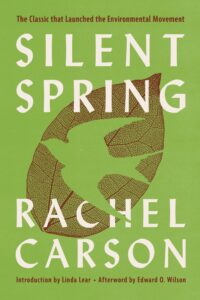
Silent Spring by Rachel Carson
No list of environmental publications would be complete without this groundbreaking 1962 book by Rachel Carson which details the harms caused by pesticide use and the negative impacts on communities exposed to these chemicals.
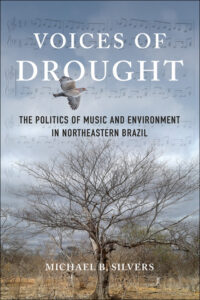
Voices of Drought by Michael B. Silvers
Voices of Drought takes a unique ethnomusicological approach to Climate Justice by demonstrating how ecological crisis affects musical culture by way of and proportionate to social difference and stratification.
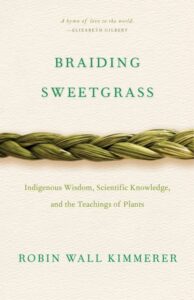
Braiding Sweetgrass by Robin Wall Kimmerer
In this book, Indigenous author and botanist Robin Wall Kimmer explores how indigenous wisdom about human interactions with nature, harmonizes with modern scientific knowledge of ecology and sustainable living.
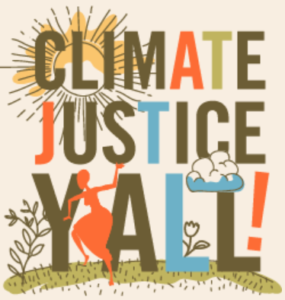
Climate Justice Y’All
This ongoing podcast centers on Climate Justice movements in the Southern United States, focusing on Climate Justice leaders and stories from communities in the South where climate change is already having significant impacts.
Find these and our other selections through the Open Climate Justice Virtual Exhibit or in person in the McLennan Library lobby.

